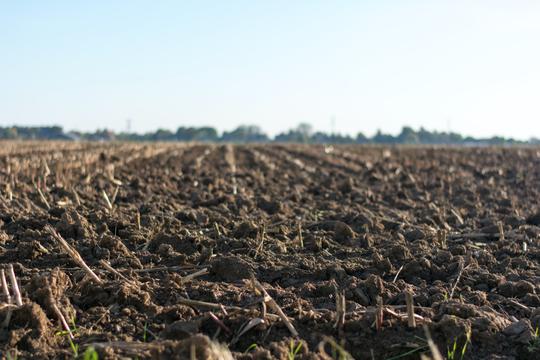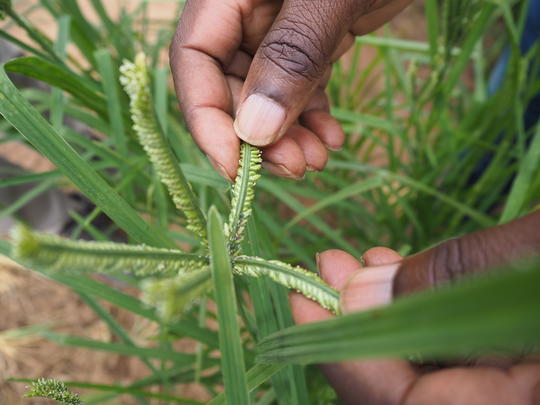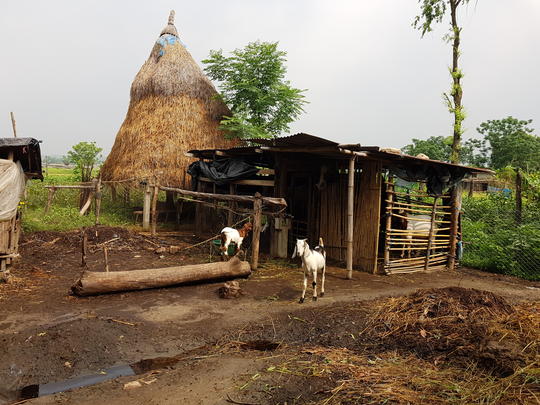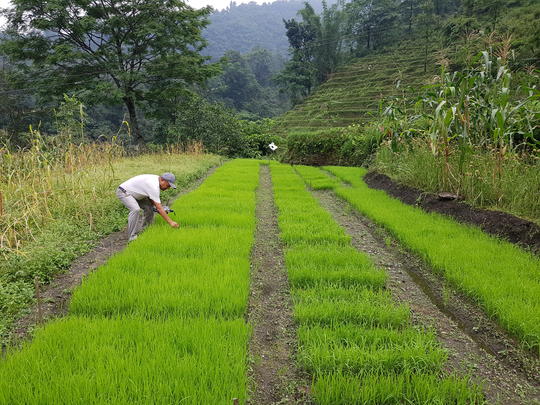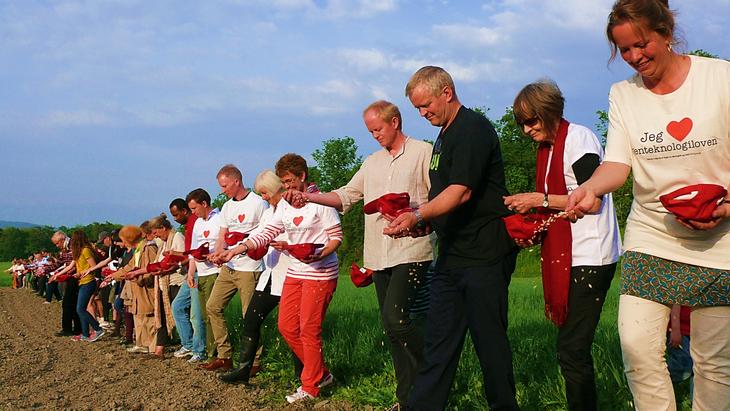
Step 3: Developing a national consultative process, joining forces, pooling resources
Whereas steps 1 and 2 are concerned with the foundation for the implementation process, this third step describes how a broad-based national consultative process can be designed for the implementation of Farmers' Rights. It is based on the workshop module developed for this purpose.
